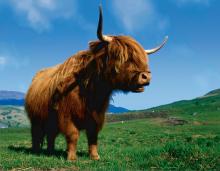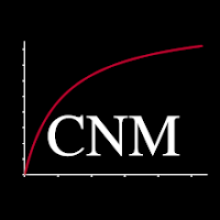 |
Community Engaged Scholarship Institute (CESI) Brings together community and campus skills and resources in order to advance community-identified research goals, largely in the non-profit and public sectors.
A research and teaching support institute in the College of Social and Applied Human Sciences, we support community-engaged scholarship through research projects, curricular support, and capacity development. We work in collaboration, honour diverse forms of knowledge and increase university and community capacity for engaged work
|
 |
Centre for the Genetic Improvement of Livestock Conducts world-leading research and training in quantitative genetics, animal breeding, and genomics for numerous animal industries, including aquaculture beef, dairy, equine, goat, poultry, sheep and swine
|
 |
Centre for Scottish Studies Co-ordinates graduate studies and scholarly research in the history, literature and culture of Scotland and Scottish settlements in Canada, promoting public outreach and development of the University’s renowned Scottish archival collection.
|
 |
Centre for Public Health and Zoonoses Co-ordinates existing public health research and promotes new collaborative research activities designed to enhance problem-solving capacity and implement solutions in public health at the human-animal-environment interface.
|
 |
Centre for Nutrition Modelling Focuses on animal nutrition and health and on developing biomathematical models to better understand the scientific, environmental and management aspects of animal agriculture.
|




